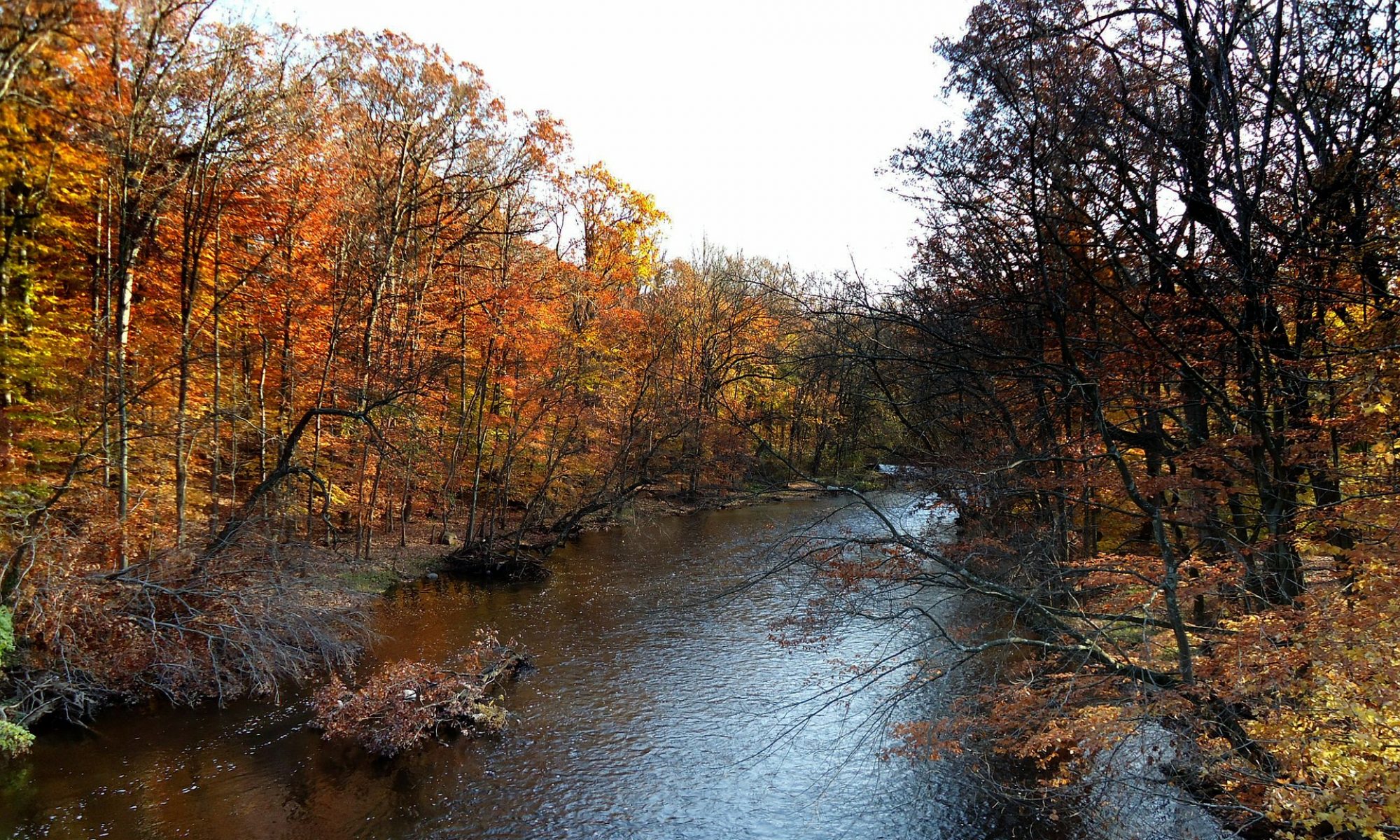Why this Should Matter to Everyone in New Jersey Today
New Jersey has long been known as an industrial state. When people from other states think of New Jersey, they sometimes picture large smokestacks spouting black clouds of smoke from whatever is being burned in our numerous factories and power plants. Given our reputation, it would come as a surprise to many that New Jersey actually has some of the lowest emission rates from power plants in the country. “According to the U.S. Energy Information Administration (EIA) data, New Jersey’s sulfur dioxide (SO2) emission rate is amongst the five lowest, nitrogen oxide (NOx) emission rate among the three lowest, and carbon dioxide (CO2) emission rate amongst the nine lowest among states in the nation” (NJDEP, 2015). Based on this, the argument could be made that in some ways New Jersey is already a green leader. In addition, as of July of 2016, New Jersey had the eighth largest economy of the fifty states, as measured by Gross Domestic Product (New Jersey Almanac, 2017).
We are a very successful state in many areas, especially in some environmental and economics areas. That being said, we still have many significant challenges. Plus, we now have the good news/bad news of new state recognition of the immensity of our climate change challenges, which are unlikely to be easily overcome and will very likely need some creative new approaches. To that end, we are proposing ways to create a green economy, which we recognize the Governor has already begun (Phil Murphy Democrat for Governor, 2017). We show ways to build on that. Because New Jersey had been a recognized leader in the past, we can resume that leadership role by focusing on a green economy at a state level. This could be a model for others, despite where the country is as a whole.
Given that the current federal administration under President Trump has pulled our country out of the Paris Agreement, our state government could do its share to continue the work that the former federal administration had started, to which the Governor recently committed (Warren, 2018). An expansive green economy would provide one new way to meet this commitment to be “Still In” the goals of the Paris Agreement, or perhaps do even better as these ideas have untapped potential.
The six students who wrote this Paper of proposals are environmental studies majors, with one accounting major. While we have all had environmental and sustainability courses, for most of us this was our first economics course. It focused on what the latter brings to the former, where they come together productively, and where economics seems less useful. It covered many topics and perspectives, including fairness issues, and we even attended a lecture and discussed the views of a visiting climate change contrarian economist.
We are diverse in our passions and have come together to create proposals that will both benefit our environment and economy, based on research on their interconnections. We think these ideas will help New Jersey’s economy, both in the short run by, among other ways, pointing to environmentally-linked opportunities, and in the longer run by helping us protect the ecological capital which supports growth.
Our goal and hope is that these proposals are read with open minds and may possibly be used in the Governor’s consideration of future environmental and economic policies and laws to keep our state truly the Garden State.
If that does prove to be the case, we would be delighted to hear it!
We start by describing what we mean by a green economy and green jobs, and the interrelationship between them, as these have been seen in different ways.

